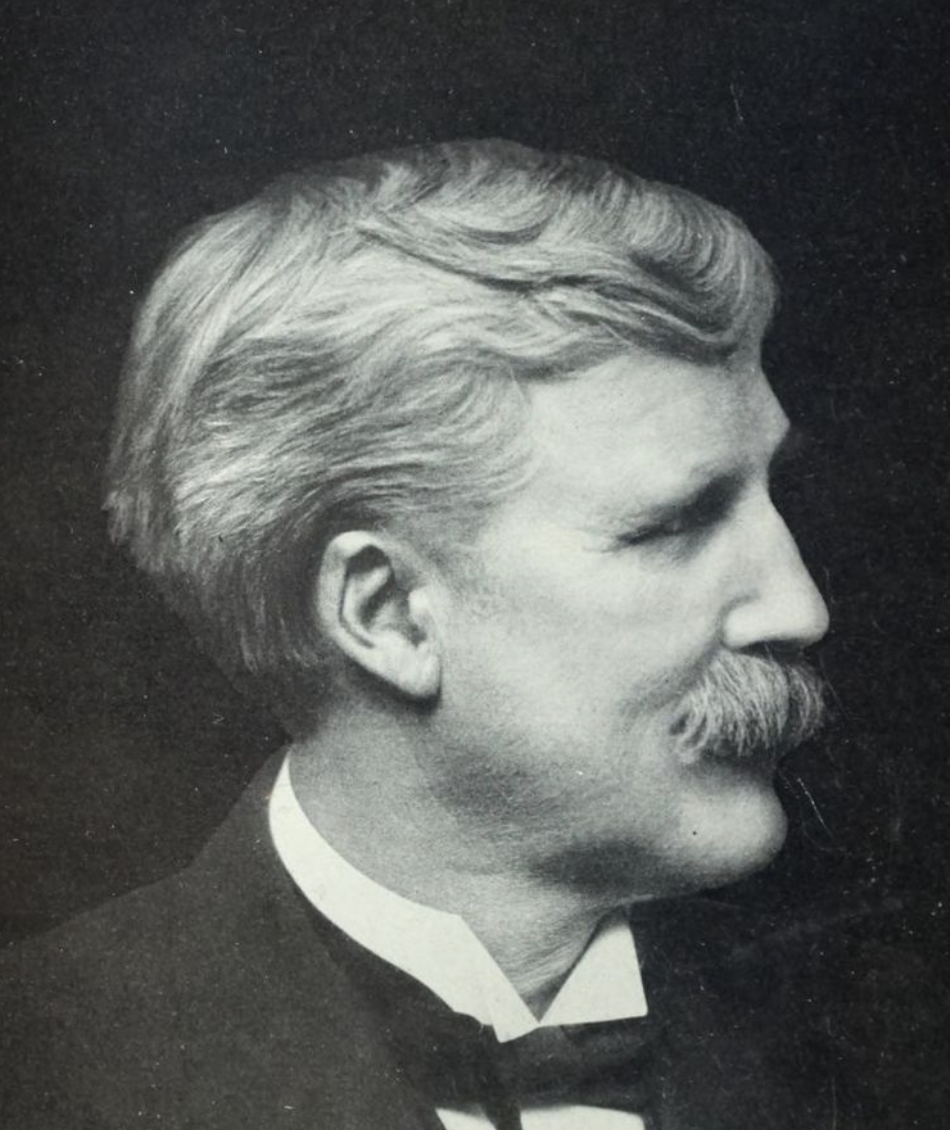The love of music is, I think, mainly a matter of heredity. It is a fortunate inheritance of our family. We trace it back on both sides through at least four generations of choir and chorus singers, and leaders of vocal music. Henry Tucker, who wrote “Genevieve, Sweet Genevieve,” was a cousin of your Grandmother Cahoon. All our children came into the world with a reasonably correct ear. While Russell was a babe in arms, not yet a year old, and before he could speak a word, Auntie taught him to sing the scale correctly. Alice, when three or four years old, once sang to her mother thirty-six kindergarten songs in succession, by actual count. But it was not discovery of exceptional musical talent that turned our attention to music. Modern educational science had demonstrated the substantial value of music as training for the eye, the ear, the hand, and the brain. Credit for music was given in the Harvard entrance examinations.
There were, indeed, difficulties and objections. Musical training was extremely costly—-and costly in many ways. It required the piano, and perhaps other instruments, one or more private musical instructors for each child over a long period, and a full hour at least of practice every day. The children are few indeed to whom such practice is not hateful. We had to beg, entreat, coax, and even hire our children to endure the daily drudgery of it. For a time we had ten private lessons per week. Was it worth while? Our children have lived to thank us for our patience and perseverance. Among their satisfactions in life, music occupies a large, constant, and rewarding place, full of variety and beauty.
Today the taste for music is effectively and widely cultivated by the victrola and the radio. The great artists find their most critical and appreciative audiences in the mountain towns of the Far West, and whenever possible they leave Metropolitan opera for more profitable tours in the West.
But in the childhood of our sons and daughters an ear for good music was obtained only by personal study and practice, under competent teachers. Frederick chose the violin, and still brings forth his instrument semi-occasionally. Frank took up first the piano and later the flute and its kindred instrument, the piccolo. Russell chose the clarinet, and learned to get an exquisite tone. Percival also took up the clarinet, and made good progress while he remained at home. Lucia’s instrument was the piano, and she still keeps up daily practice. Grace also chose the piano, but she has a charming voice which she cultivated by years of vocal training. I have reserved Alice to the last, because she of all our children has given the most attention to music. Her study and practice were interrupted only during her experiences in France. The piano, with which she began, has always been secondary to her voice. She is now in demand for private entertainments in Montclair, where her singing is much appreciated. She has a rich, powerful, and cultivated voice which I hope she will employ wherever she can as a free contribution to the pleasure of others.
We have not spared expense on our children’s music. We tried to secure the best instruments purchasable at home or abroad, and always supplied them with the best instructors available. As our children have married, one of our wedding presents has always been a piano. We did not spare expense at any point, because we thought that the taste for good music would be worth more—far more—to our children in later life than the inheritance of the money it cost.
I would urge our descendants to train their children, if not to practice music, at least to love it, and the training should begin with the babes in arms, by letting them listen in habitually to the victrola and the radio. By means of these instruments the American people as a whole are at last learning to appreciate music.
Next Section:
